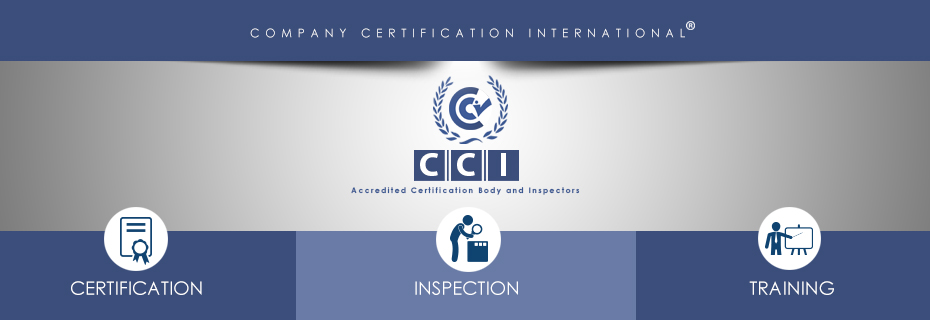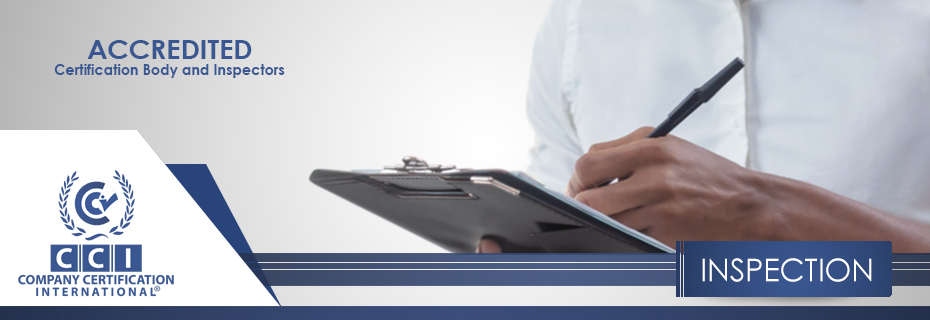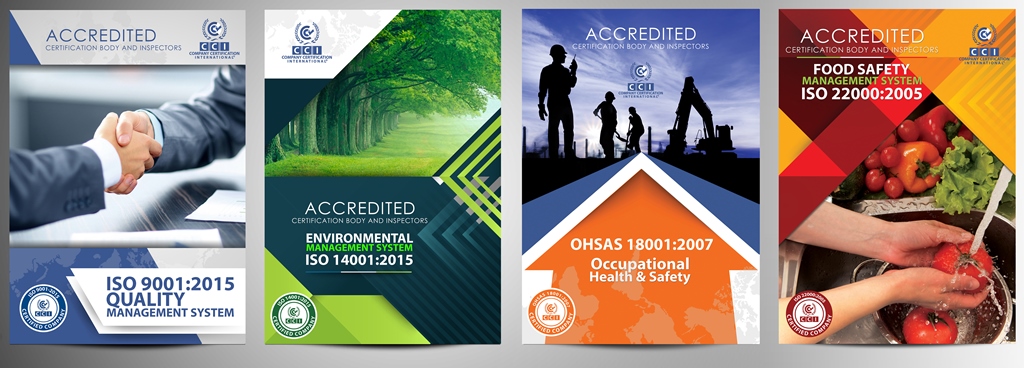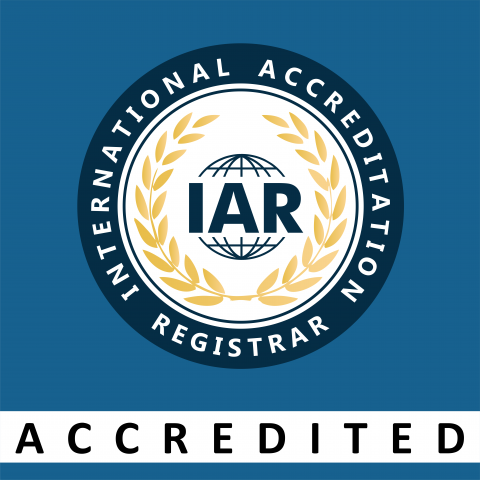ISO 15189
WHY ISO 15189?
Competence in any field is crucial, but it’s even more pertinent in the medical sphere where the patient’s system is compromised by disease or injury. ISO 15189 is a mark of confidence awarded to medical laboratories – an accreditation that proves you are dedicated to delivering a proficient and quality service across all aspects of your operation.
With 300,000 tests performed every working day of the year and around 95% of clinical pathways relying on patients having access to pathology services, it’s clear that medical laboratories sit at the heart of a fully-functional modern society. Becoming ISO 15189 accredited will verify three key components of a laboratory: your integrity, impartiality and capabilities. Here’s a little bit more about this crucial ISO standard.
What is ISO 15189?
ISO 15189:2012 is an international standard for medical laboratories. Laboratory accreditation helps labs develop quality management systems, assesses their competence and ensures they are functioning in line with industry and legal standards.
As part of your ISO 15189 accreditation process, you will create a document that explains how your laboratory can work to conform to each requirement to a high standard of quality. This handy document will provide each member of your team with instructions for performing the tasks to an ISO-accredited standard.
Who needs ISO 15189?
Laboratory testing is incredibly important in the delivery of information-based healthcare outcomes – this is incredibly important in a world where decisions need to be driven by facts, science and data. Any medical laboratory that wants to deliver clinically relevant results that meet the highest ethical standards should become ISO 15189 accredited.
Is ISO 15189 mandatory?
ISO 15189 accreditation is not mandatory in every jurisdiction, but it’s worth checking your local regulations. Nevertheless, the importance of laboratory accreditation should never be overlooked, especially when you are dealing with public health.
As part of your accreditation process, you will get your organisation up-to-date with all the complex legal requirements that a medical laboratory must adhere to. With the ISO’s culture of continuous improvement, any changes to law or regulation will be implemented as part of your ongoing commitment to best practice.
What are the benefits of ISO 15189 accreditation?
There are many reasons why ISO 15189 is important – here are some of the numerous benefits it offers to medical laboratories.
Risk reduction
When you structure your operation around best practise, your systems will be more rigorous. Planning for and identifying any potential risks will help massively reduce them – especially in laboratories that deal with sensitive information, complicated equipment and matters pertaining to people’s health.
Cost-saving
By assuring results are technically valid, your laboratory will save costs associated with retesting. There will also be other cost-saving measures implemented across the standard as your efficiency increases.
Improved team morale
The standard works to reduce staff mistakes and other preventable errors. Your staff motivation won’t only be improved by their demonstration of better performance, but also by you recognising and promoting your staff’s technical competence.
Legally compliant
By implementing legislation and industry standards into your medical laboratory, ISO 15189 assures that your clinical services are safe, reliable and of good value. This conveys trust to stakeholders and decision-makers who recognise and appreciate the commitment. Legal challenges will be less likely and, if they do occur, you can ensure the framework will support you.
Continual improvement
Best practices won’t start and end with your ISO 15189 certification: through integrating this framework into the core of what you do, you will develop additional programmes over time. The framework acts as a tool for measuring quality improvements and continually supporting consistency.
Globally recognised
Being a globally recognised standard not only has reputational benefits. For ISO 15189, global recognition is particularly pertinent. A series of Multilateral Mutual Recognition Arrangements within the International Laboratory Accreditation Cooperation (ILAC) means that laboratories accredited to ISO 15189 will have their certificates and test reports accepted in over 80 countries around the world. This way, your work can benefit medical health not just in your country, but all over the globe.
The Certification Process
Online gap analysis allows us to see the current
- quality benchmark within your organization,
- the finances required
- the time required for this project (System and Certification Fee)
Your Estimate will be shared with you in 24 hours.
Upon Estimate Approval the project starts:
- A client executive is assigned to your project
- Contact information is shared with you
- The Payment details are provided to you
All Support is delivered Online.
The Client Executive will provide the Documentation Templates and explain to you how to amend it.
You will be required to perform the following tasks:
- Identify your core or business processes.
- Amend documentation that meets your business needs. (Policy statements, objectives, manuals, work instructions, job descriptions, forms.)
- Encourage employees to be aware of the new documented system
- Review, approve, and distribute the documents to those who need access to the information.
- Ensure procedures are being performed as documented.
- Ensure employees are trained properly for the tasks they are performing.
- Create effective reporting systems.
- Monitor the effectiveness of your processes through the use of measurable data, where possible.
- Review and take action to improve in the areas required.
- Plan internal auditing activities.
- Submit your management system documentation for review to ensure it complies with the applicable standard.
- Prepare for review by an external auditor to confirm that the system’s requirements are being satisfied and that the management system is implemented effectively.
- Obtain ISO Certifcaiton
- This periodic on-site review is usually conducted annually.
- It ensures that the certified business continues to comply with Standard requirements, as confirmed during the Recertification Audit at the certification cycle's outset.
- Most are conducted remotely.
Refer to learn more about Types of Audits






